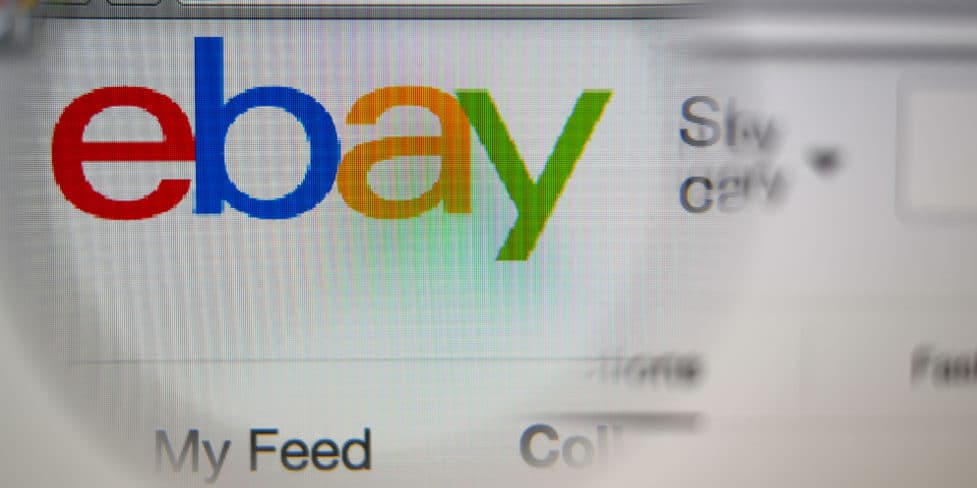If you want to sell products or services online, setting up an eBay business account is a really easy way to get started because it gives you instance access to a vast global market with millions of potential customers. You don’t need to be registered as a limited company to do this. You can sell goods through any kind of business, but you must tell eBay that you are operating as a business.
- Our All Inclusive Package - the perfect way to set up a company
- How to create a UK business email address
- 10 things your company website absolutely must have
It is an offence under the Unfair Commercial Practices Directive (April 2008) for any UK business to claim to be a private individual for the purpose of selling goods and services.
In most cases, it is easy to determine whether you are a business or a private individual. However, in the interests of clarity, eBay states that a business account should be operated in the following circumstances:
- you are selling items that you have bought with the specific intention of reselling them
- you make items yourself to sell, with the intention of making a profit
- you are a Trading Assistant
- you buy items for your business on eBay
If you are selling items that belong to you that you no longer want, or you are buying things on eBay for personal use, you should operate a private account.
Registering an eBay business account
When you set up an eBay business account, you will be asked to provide a UK postal address or landline telephone number, which eBay will use to confirm your registration. You must also provide details of a bank account that accepts Direct Debit instructions. This allows eBay to collect seller fees when you sell items.
If your business is VAT registered, you can provide your VAT registration number so you won’t have to pay VAT on your seller fees.
You won’t be charged anything to set up an eBay business account. eBay will simply invoice you at the end of every month to collect your seller fees.
You can choose a variety of methods for taking payments from customers, but the most popular one is PayPal because it’s quick and easy to accept payments, and it’s incredibly secure.
Branding, representation, and disclosure of information
If you trade through a limited company, you can register your eBay business account in your company name. To increase brand awareness, you can display your company name and brand logo on all customer communications, such as emails, invoices, and receipts. eBay will display the heading “Registered as a Business Seller” on your Member Profile.
This will significantly increase your credibility and professional image. You can even set up an eBay Shop for a small monthly fee if you want to display all of your goods and services in one place.
You should ensure that you clearly display your geographic location, business address, and returns policy on all listings. It should be clear to all customers who they are buying from, where the seller is located, how and when they can expect to receive their purchases, the costs they are expected to pay, and their post-purchase rights regarding returns and/or exchanges.
Tax
Any products or services that your business sells on eBay will be treated just like any other taxable business activity. Therefore, you must keep accurate accounting records for all sales, costs, and expenses associated with your eBay business account.
These sales must be taken into account when you report your financial activity to HMRC (and Companies House, if you operate through a limited company).
eBay will charge VAT at 15% on all seller fees of any business that is situated within the EU, unless it qualifies for VAT exemption. If you wish to charge VAT on your products or services, you must be VAT registered. If your business is already VAT registered, you must charge VAT on your products and services. The price displayed on your listings must be inclusive of VAT.
Please note that the information provided in this article is for general informational purposes only and does not constitute legal, tax, or professional advice. While our aim is that the content is accurate and up to date, it should not be relied upon as a substitute for tailored advice from qualified professionals. We strongly recommend that you seek independent legal and tax advice specific to your circumstances before acting on any information contained in this article. We accept no responsibility or liability for any loss or damage that may result from your reliance on the information provided in this article. Use of the information contained in this article is entirely at your own risk.










Join The Discussion